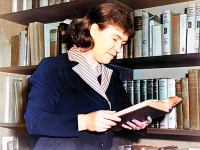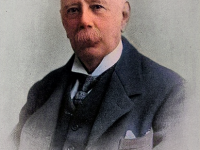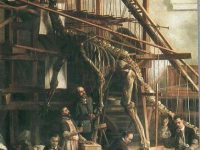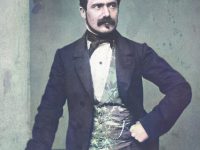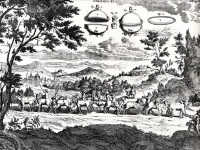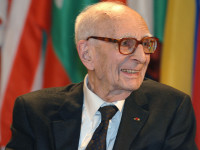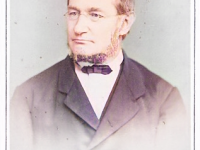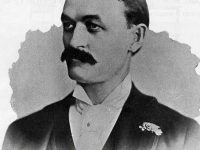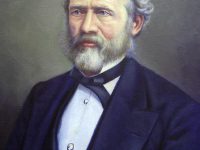Margaret Mead and Modern Anthropology
On December 16, 1901, American cultural anthropologist Margaret Mead was born. She was both a popularizer of the insights of anthropology into modern American and Western culture and a respected, often controversial, academic anthropologist. Her reports about the attitudes towards sex in South Pacific and Southeast Asian traditional cultures amply informed the 1960s sexual revolution. “Maggie was a short little lady with immense courage-a first of a kind-took nothing for granted and…
Read more

